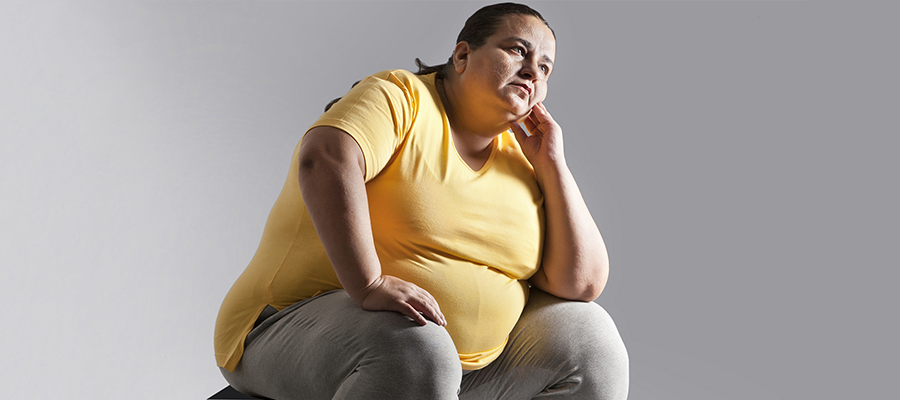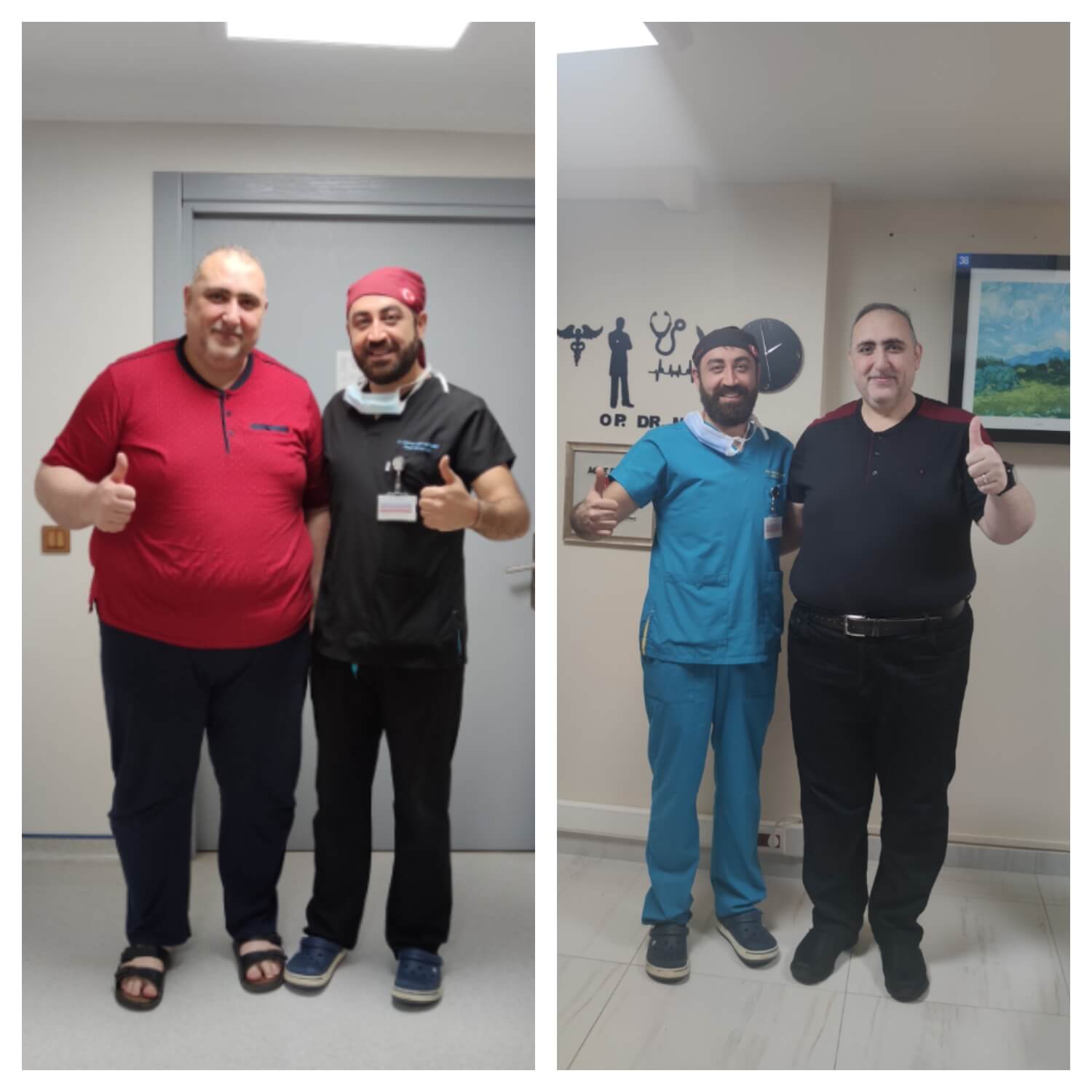
Surgery Can Cure Type 2 Diabetes?
Diabetes mellitus is commonly thought of as a disorder that is treated with anti-diabetic medications in the early stages and insulin in the latter stages. The surgical treatment of obesity has resulted in the complete cure or improvement of the illness.
History of the Treatment
For starters, diabetic individuals who received gastrectomy surgery for the treatment of stomach ulcers were discovered to have improved diabetes after surgery about 40 years ago. This discovery was not given the attention it deserved at the time. This discovery resurfaced in the early 1980s, this time as a result of gastric bypass surgery to cure obesity.
It took 16 years until it was disclosed in 1997 that bariatric surgery improved diabetes in 83% of cases and lowered mortality from 4.5% to 1% when compared to obese diabetic individuals who did not have surgery.
Types of Bediatric Surgery
As more information from various bariatric surgery centers were analyzed, it was shown that the improvement in the diabetes picture was dependent on the type of bariatric surgery. Individuals who underwent gastric bypass surgery saw an immediate improvement in their diabetic situation and were able to discontinue their medication either immediately or shortly after their blood glucose levels were totally restored.
Their improvement was attributable to metabolic and hormonal changes triggered directly by the surgery, not weight loss. In patients who underwent restrictive operations (gastric ring, gastric sleeve), the improvement was primarily attributable to weight loss, and if the lost weight was returned, they experienced a resurgence of diabetes. Furthermore, these therapies were ineffective in patients with metabolic syndrome symptoms, such as central obesity with diabetes, high cholesterol, triglycerides, hypertension, or polycystic ovaries.
Mini-gastric Bypass
In recent years, the single-anastomotic gastric bypass (mini-gastric bypass, O-gastric bypass) has grown in popularity among gastric bypass-type treatments. Roughly 15 years after its initial presentation, it has been discovered to have less difficulties than other similar operations and even better long-term outcome preservation. Another significant benefit of the procedure is that it is reversible and can even be switched to other types of gastric bypass if necessary.
Anastomosis gastric bypass
Weight loss, on the one hand, and hormonal changes caused by the bypass, on the other, enhance the clinical picture of diabetes. Weight loss reduces insulin resistance, and hormonal changes improve pancreatic beta cell function. Because hormonal changes occur immediately after surgery, diabetes improvement is independent of weight loss.
What are the dangers with gastric bypass surgery?
You must pay attention to how you eat and restrict the amount of food you consume. The adjustment period lasts around three months. Diabetics regard this time to be insignificant. Diabetics have been restricting and fasting for years to keep their blood sugar levels under control. Because the gastric bypass with anastomosis approach is adjusted to the requirements of each patient, the likelihood of losing weight beyond the intended weight is limited.
After the Surgery
Recovery is immediate in people with diabetes for less than 10 years and those who have been using insulin for less than 5 years. Peptide C levels greater than 0.5 ng/ml are required for insulin users in the latter category (the higher the better). The operation will alleviate comorbidities (hypertension, cholesterol) in patients with a 20-year history of diabetes or who have been on insulin for 15 years, and they may only need to take one medication to control diabetes.
Commonly Asked Questions about Diabetes Surgical Treatment
1. How does surgical treatment differ from standard treatment with medication or insulin?
Surgery not only cures diabetes in a considerable proportion of patients, but it also cures many diabetes complications. Hypoglycemia is a common case. Individuals with diabetes are frequently placed in the uneasy position of having to deal with the repercussions of hypoglycemia. Furthermore, hypoglycemia might make it difficult to drive, participate in sports, or work. Hypoglycemia can be entirely eliminated with surgery.
2. Can any diabetic patient get surgery?
In general, any patient with type II diabetes and a BMI of 30 or more (i.e. 15-20 kg or more overweight) is a candidate for surgery. Individuals who take blood sugar control medications discontinue their medication totally following surgery. When insulin is added to their medication, the cure rate approaches 70-80%, and the remaining patients require only one pill for full glucose control. The treatment was also carried out on patients with a BMI of 30. The diabetic picture improved throughout the first year, but then the condition relapsed.
There is yet no clear answer as to why the disease relapses, and this matter is being researched thoroughly. Although patients with type I diabetes are not theoretically candidates for this operation, it has significantly reduced their insulin requirements, allowing them to control their blood glucose levels with a single dose of insulin rather than the three or more doses they required prior to the operation.
3. What do endocrinologists believe about surgical diabetes treatment?
In general, they anticipate longer-term outcomes that will validate what we have known for the past 15-20 years. True, the vast majority of people are still doubtful. Some endocrinologists, of course, feel that patients should be educated about surgical treatment of the disease and its repercussions, and that it is up to the patients to make decisions regarding their health and lives. We agree with this viewpoint, and thus believe that it should be promoted.
4. What are the Critical Factors of Surgical Treatment?
Two factors are critical for the surgical treatment of diabetes to be successful.
The first is when a diabetic needs surgery, and the second is which procedure ensures better outcomes and greater safety. All researchers agree that in patients treated with pills and with a disease duration of less than 5 years, recovery is immediate. It is critical to know the levels of peptide C in patients who require insulin medication for illness treatment.
The concentrations should be larger than 0.5-1ng/ml (the higher the levels, the faster the improvement of the diabetes picture). This score indicates that the pancreas has enough beta cell reserve following bariatric surgery to function and make insulin. While the symptoms of diabetic neuropathy improve after bariatric surgery, the progression of additional diabetes complications such as nephropathy, retinopathy, and peripheral vascular disease is slowed.
When it comes to surgery, the bariatric surgeon should select the most appropriate and safest procedure based on each patient’s unique qualities. The gastric ring is the safest and least complicated restrictive type technique. However, as mentioned in a recent scientific article, its usefulness is confined to patients who are prediabetic or have had their diabetes for less than two years.
5. When should I get a diabetic surgery?
The sooner you start, the better. Diabetes patients on tablets will require insulin sooner or later. Diabetes can be cured almost completely if surgery is performed while patients are merely taking medicines. Allowing the condition to persist for years depletes pancreatic function, and the disease’s consequences come in. Complications are irreversible once they have been established.
Coronary artery vasculopathy in the heart is a common case. When diabetes is diagnosed, the angiopathy is already there and continues to worsen while the patient takes medication. If we postpone surgery, we will have a patient who has excellent glucose control after surgery but is in danger of having a myocardial infarction.








 Türkçe
Türkçe English
English Français
Français Español
Español Italiano
Italiano Deutsch
Deutsch Pусский
Pусский



















